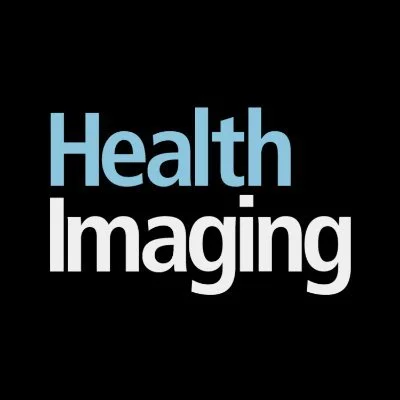
AI models combining mammography and clinical data improve identification of women at high short-term breast cancer risk.
Key Details
- 1Researchers combined clinical information with mammogram data in risk assessment models.
- 2The study used data from over 2,000 women screened for breast cancer between 2013 and 2020.
- 3418 women developed breast cancer within two years; 1,775 remained cancer-free for at least two years.
- 4Traditional risk models focus on the long-term (5–10 years), but new AI models target short-term (2-year) prediction.
- 5Short-term models can enable more targeted screening and earlier, less invasive intervention.
Why It Matters
Enhancing short-term risk prediction can help personalize breast cancer screening, potentially leading to earlier detection and better outcomes. AI-driven approaches could shift screening practices towards more individualized and timely care.

Source
Health Imaging
Related News

•HealthExec
New Report Highlights Clinical AI Performance, Sustainability, and Adoption Challenges
A multi-institutional review details key challenges, progress, and sustainability concerns in deploying clinical AI in real-world healthcare settings.

•AuntMinnie
LLM Boosts Terminology Expansion in Radiology Reports Over RadLex
A large language model (LLM) significantly outperforms RadLex in expanding terms for radiology report language standardization.

•Radiology Business
Google Releases MedGemma 1.5 and MedASR AI Models for Medical Imaging
Google has launched MedGemma 1.5 and MedASR, two new open-access AI models tailored for healthcare and medical imaging use cases.